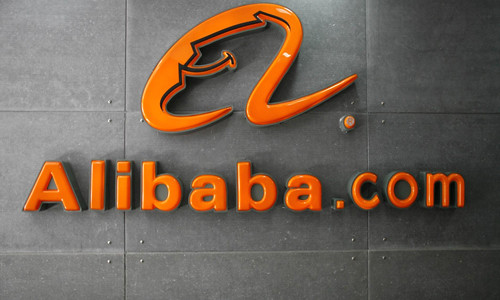Trump looking to ban Alibaba
Alibaba, which at one time was the world’s largest e-commerce company, is in the sights of US President Donald Trump, according to Reuters.
Asked directly at a White House briefing if he was considering a ban on Alibaba, Trump replied: “We’re looking at other things, yes we are.”
Alibaba is a Chinese company most famous for its business-to-business website Alibaba.com, where qualified buyers can contact and do businesses directly with manufacturers and other industrial companies in China.
In other words, it is not a retail site – buyers are expected to buy in bulk.
Alibaba has progressed since then to many other business activities, and the scale of the company is quite staggering.

Founded by Hong Kong entrepreneur Jack Ma in 1999, Alibaba has more than 117,000 employees and generates annual revenues in the region of $70 billion.
Among the many business units the company has created is AliPay, the Asian equivalent of PayPal.
Alibaba also has numerous interests in the robotics and autonomous vehicles sectors.
Given that so many thousands of businesses in the US and Europe source goods through the Alibaba portal, any ban would cause deep disruption to the global supply chain.
Any embargo on Alibaba would have many more consequences than Trump’s measures against apps like TikTok, which is required to sell its US interests or risk potentially losing the business altogether.
However, a ban on Alibaba may benefit US companies such as Amazon and Google because it would eliminate competition in key new tech markets such as cloud computing, where Amazon and Google are dominant.
Some might argue that US tech giants need competition in order to prevent monopolies and oligopolies emerging, and in the absence of antitrust regulations have had any effect.
Tech companies have been criticised heavily for not paying what some observers say would be their fair share of tax, and for engaging in unfair business practices.
However, Trump is more interested in putting pressure on China ahead of formal trade talks leading to an all-encompassing trade agreement.
Reuters reports that Trump has “made changing the US-China trade relationship a central theme of his presidency”, which has led to an increasingly confrontational stance.
But Trump has also praised China for buying agricultural goods in large quantities from the US as part of a trade deal last year.

